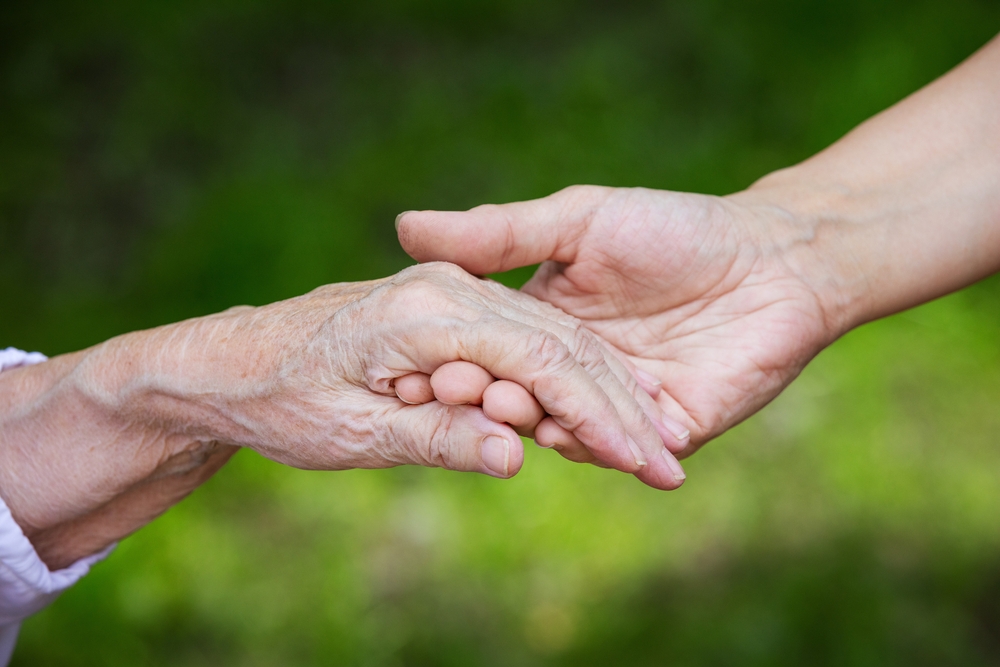
Posted on September 02, 2024
A recent CDC report states bluntly that social isolation and loneliness pose a serious threat to mental and physical health. Relationships and social support are not just a nicety but a necessity. Older adults, the report goes on to say, are an at-risk group.
Late last fall, my husband and I (both “older adults”) moved to a new town where we would be closer to our daughter and her family. Not wanting to depend on them for all our social needs, we hoped to make friends in our new locale. Having neither schoolchildren nor a dog, we couldn’t rely on those old ways of forging friendships. There was a physical distance factor, too: our neighborhood lacks sidewalks, and homes are more than a stone’s throw apart.
Friends from other places kindly introduced us to several couples in town. These “curated” connections gave us an excellent start, but then it was up to us. Pondering how to make new friends in a new place at this stage of life led me to consider carefully what I really wanted.
I realized I like seeing children and younger adults in my daily comings and goings. At a neighborhood party, I enjoyed engaging with others in their 20s, 30s and 40s as well as the few who were closer to my age. This brought to mind some existing friendships and how they came about.
“Friendship happens on the way to something else.” This gem of wisdom from James Clear explained a lot. Trying to create a friendship for its own sake can feel awkward, but if you’re interested in the same thing or pursuing a goal with another person, it feels natural.
This was certainly true for me with a health coaching classmate who has become a close friend despite our 14-year age difference. A much wider age gap separates me from my first coaching colleague, whom I regard as a good friend, too. Someone I met in a health and wellness interest group is now a special friend despite her being nearly forty years my junior. Likewise, a man who is younger than my youngest child is both my personal trainer and friend. We all came to these friendships through a shared interest that grew into an appreciation for one another as people. A mutual interest or shared experience is important, but I’ve concluded that, for me, age is neither a requirement for – nor a barrier to – friendship.
It's fair to ask, I think, whether both parties to an intergenerational friendship benefit equally from the relationship. Older adults may benefit from younger friends who help with technological, physical and other challenges. Simply being treated by a younger friend as someone who still has something to offer can contribute to a more positive attitude toward aging, which can lead to health advantages.
What about the younger friend? Growing old isn’t easy, but neither is growing up. Indeed, evidence is mounting that young people may feel as isolated and lonely as older people. They benefit from the life experience of older friends, who can serve as mentors and resources. Having recently spent time with a 103-year-old friend, I can testify to that.
Missing from these intergenerational relationships are the comparisons, competition and jealousy that sometimes pollute same-age friendships.
I found interesting a Harvard Business School article citing British psychologist Raymond Cattell, who describes two types of intelligence that people possess to greater degrees in different stages of life: “When you are young, you have raw smarts [‘fluid’ intelligence]; when you are old you have wisdom [‘crystallized’ intelligence].” If this is true and a relationship takes advantage of both forms of intelligence, everyone benefits.
In their foreword to Hayim Herring’s book Connecting Generations, authors David and Jonah Stillman write that each generation has a lens through which they see the world. If we take off our own lens and look through that of a different generation, the wider our perception of the world becomes and the less we are stuck in our own worldview. Seeing beyond labels like Baby Boomer and Millennial, Herring believes, leads to greater understanding and empathy all around.
The prospect of new friends does nothing to diminish my deep appreciation for my longest-lasting friendships, which are based on shared experiences and mutual affection. As a saying from my childhood goes, “Make new friends but keep the old. One is silver and the other gold.” If I were to add anything to that, it would be this: “And don’t worry about their age.”